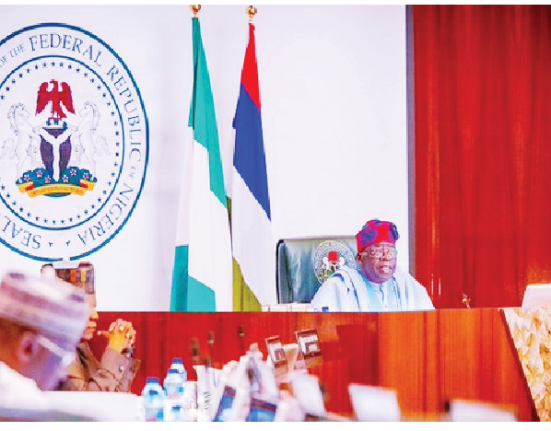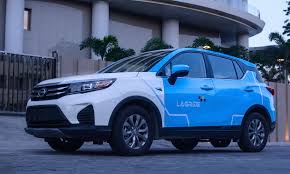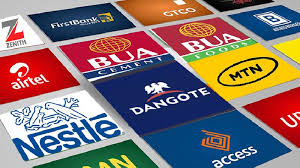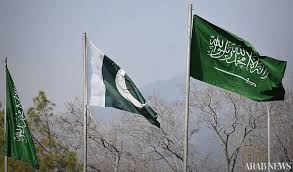The ongoing price war in Nigeria’s downstream oil sector between Dangote Refinery and the Nigerian National Petroleum Company Limited (NNPC) has led to oil marketers reducing their petrol purchases due to massive financial losses
The pricing battle began in November 2024 when Dangote Refinery reduced its Premium Motor Spirit (PMS) price from ₦990 to ₦970 per litre. Further price cuts followed, with Dangote lowering prices to ₦899 during the Christmas and New Year holidays, in an effort to ease economic pressure on Nigerians.
In response, NNPC also adjusted its prices, as confirmed by the Petroleum Products Retail Outlet Owners Association of Nigeria (PETROAN). By February 1, 2025, Dangote Refinery further reduced its petrol price to ₦890 per litre, before slashing it again to ₦825 per litre. This move intensified competition, prompting NNPC retail outlets to lower their petrol price to ₦860 per litre on March 3, 2025, aligning with Dangote’s pricing structure.
Marketers Lament Huge Losses
While the price reductions have benefitted consumers, they have resulted in substantial financial losses for oil marketers and importers, who reportedly lose about ₦2.5 billion daily, amounting to ₦75 billion per month.
The Independent Petroleum Marketers Association of Nigeria (IPMAN) and PETROAN have called for fuel price adjustments to be regulated every six months, to stabilize the market and reduce financial risks.
According to IPMAN National Vice President, Hammed Fashola, the unpredictable price fluctuations have forced marketers to limit purchases, fearing that further price cuts could lead to additional losses.
“The constant price reduction is negatively affecting marketers. Many are now hesitant to buy large volumes, as bulk purchases could lead to severe losses if the prices drop again.”
Further Price Cuts Spark More Competition
As landing costs of petrol dropped to ₦774.82 per litre, Dangote Refinery reduced its price again from ₦825 to ₦815 per litre, igniting another wave of price competition.
Reports from the Major Energy Marketers Association of Nigeria (MEMAN) indicate that the import parity cost into fuel storage tanks has declined by ₦152.65 (16.5%), dropping from ₦927.48 per litre recorded on February 21, 2025. This decline is attributed to falling crude oil prices, with Brent crude dropping to $70 per barrel and U.S. West Texas Intermediate (WTI) declining to $66.70 per barrel.
Filling Stations Adjust Prices
Investigations by Legit.ng revealed that fuel stations selling Dangote petrol have now adjusted their pump prices to reflect the latest reductions.
MRS filling stations in Lagos reduced their price from ₦860 per litre to ₦850, while stations in other states lowered prices to ₦870 per litre.
These adjustments align with Dangote Refinery’s new pricing structure, which took effect on March 13, 2025.
Market Outlook: Could Petrol Drop to ₦500 Per Litre?
Industry experts predict that the continued decline in petrol prices could lead to a further drop to ₦800 per litre in the coming weeks. Some analysts believe that if global crude oil prices fall to $40 per barrel and the naira strengthens below ₦1,000 per dollar, petrol prices could plummet to as low as ₦500 per litre.
The National Bureau of Statistics (NBS) reported that Nigeria’s petrol imports in 2024 reached ₦15.42 trillion, reflecting a 105% increase. Despite Nigeria’s increased refining capacity, concerns remain over the continued reliance on fuel imports.
Dangote Refinery Faces Heavy Losses
Meanwhile, Dangote Refinery has reportedly suffered a ₦32.5 billion loss due to the recent price cuts. The company had previously announced that it had over 500 million litres of petrol in stock, with the price initially set at ₦890 per litre before the reductions began.
The price war between Dangote Refinery and NNPC continues to shape Nigeria’s fuel market, benefitting consumers but placing immense financial strain on oil marketers and refiners.







